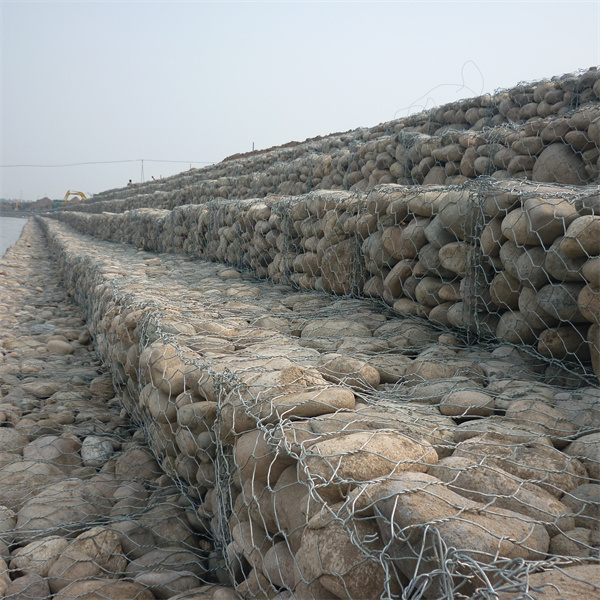okt . 08, 2024 17:09 Back to list
Creating a Durable and Aesthetic Gabion Rock Wall for Landscape Design
The Appeal and Utility of Gabion Rock Walls
Gabion rock walls have gained popularity in modern landscaping and civil engineering due to their unique combination of aesthetics, practicality, and environmental benefits. Traditionally constructed from wire mesh filled with rocks or other materials, these walls offer an innovative solution for erosion control, noise barriers, and even artistic expressions in outdoor spaces.
One of the primary advantages of gabion walls is their effectiveness in preventing soil erosion. When strategically placed on sloped terrains or near bodies of water, they act as a buffer against the natural forces of wind and water that can wash away soil. The rocks within the gabions allow water to flow through, reducing pressure and minimizing erosion while still providing stability and support to the soil behind it. This makes them an ideal choice for areas prone to heavy rainfall or flooding.
Moreover, gabion rock walls are highly adaptable to various landscapes
. They can be built in different sizes and shapes, allowing for creative designs that blend seamlessly with the surrounding environment. Homeowners and landscape architects often use them to create terraces, garden borders, or retaining walls that enhance the visual appeal of a property while providing necessary support. The rustic look of natural stone often resonates with those seeking a more organic feel in their landscaping, making gabions an attractive option.gabion rock wall

In addition to their aesthetic appeal, gabion walls serve practical purposes. They can act as effective noise barriers, diminishing sound pollution from nearby roads or urban areas. By filling the gabions with heavier rocks, the wall dampens sounds, creating a tranquil environment that is especially beneficial for residential areas. This dual function of beautifying the space while offering practical enhancements is what makes gabion walls so desirable.
From an environmental perspective, gabion walls are also a sustainable choice. The use of natural materials helps maintain the ecological balance of the area, and since they often mimic the rocky textures found in nature, they can provide habitats for various local wildlife. Furthermore, the minimalistic design and simple construction process require fewer resources and energy, reducing the overall carbon footprint associated with their installation.
Maintenance for gabion walls is relatively low. Unlike traditional wooden or concrete structures that may require regular upkeep or replacement, gabion walls are incredibly durable. They withstand weathering and erosion effectively, ensuring longevity. Occasional inspections may be needed to check for any signs of rust in the wire mesh or to replace any lost stones, but overall, they are a long-lasting investment.
In conclusion, gabion rock walls represent a blend of functionality and beauty within the realm of landscaping and civil engineering. Their versatility, effectiveness in erosion control, noise reduction capabilities, and environmental sustainability make them an appealing choice for homeowners and developers alike. As we continue to seek innovative solutions that respect the environment while enhancing our spaces, gabion walls stand out as a timeless and practical option.
-
Visualizing Gabion 3D Integration in Urban Landscapes with Rendering
NewsJul.23,2025
-
The Design and Sustainability of Gabion Wire Mesh Panels
NewsJul.23,2025
-
The Acoustic Performance of Gabion Sound Barriers in Urban Environments
NewsJul.23,2025
-
Mastering the Installation of Galvanized Gabion Structures
NewsJul.23,2025
-
Gabion Boxes: Pioneering Sustainable Infrastructure Across the Globe
NewsJul.23,2025
-
Custom PVC Coated Gabion Boxes for Aesthetic Excellence
NewsJul.23,2025
-
Installation Tips for Gabion Wire Baskets in Erosion Control Projects
NewsJul.21,2025






